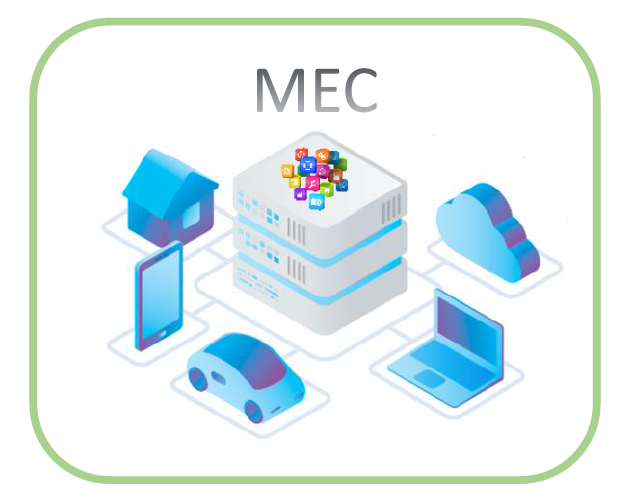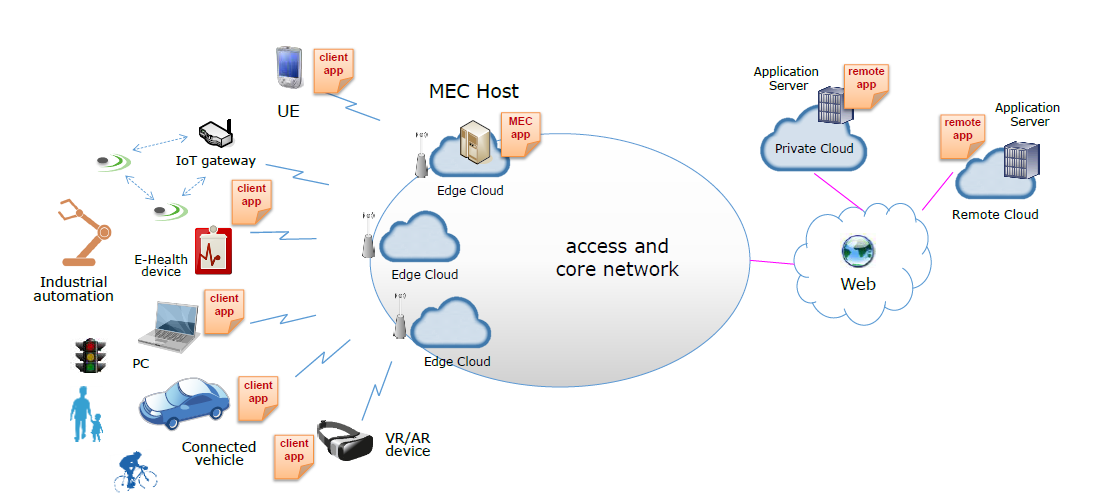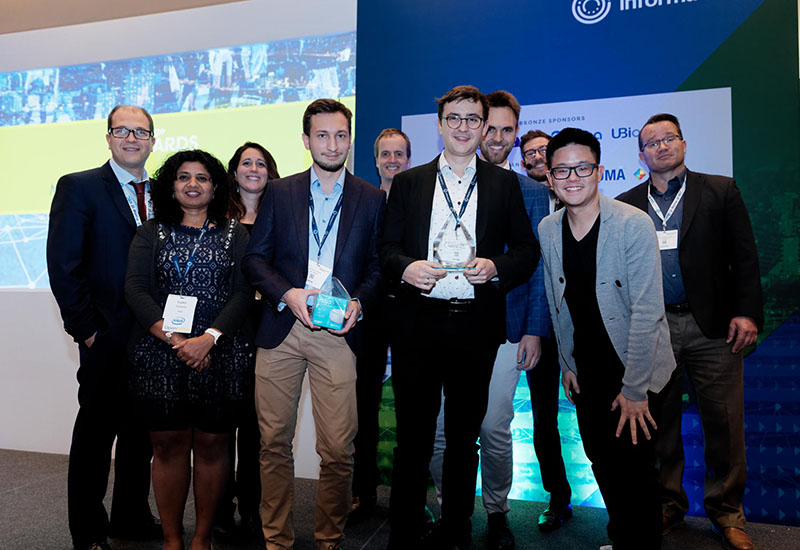MEC Hackathon 2019 London
From MECwiki
Organization
The London MEC Hackathon was hosted at the Edge Computing Congress 2019 on 17-18 September 2019.
The event was organized by Intel, VIAVI, Telefonica, Huawei, Saguna, Informa Tech and MobiledgeX,
- Press Release of the event: here
Technical challenge
- MEC (Multi-access Edge Computing) can serve many key 5G use cases. Most of them are related to application scenarios specifically targeted to vertical markets of the 5G era.
- The purpose of this Hackathon is to demonstrate the usage of MEC system as an enabler for different use cases and business objectives, helping all stakeholders to develop a diverse, open MEC ecosystem.
- The competition was open to developers to test their applications with ETSI MEC APIs (Application Programming Interfaces) in a variety of use cases.
- Examples of MEC-enabled vertical segments applications include (but are not limited to):
- automotive and cooperative vehicles
- virtual reality / augmented reality
- IoT scenarios (with sensors, fog nodes, …)
- robotics and factories of the future
- eHealth and mHealth
- media and entertainment
- applications for the energy industry
- etc …
- Teams developed mobile applications for advanced services in MEC-enabled 5G networks, using ETSI MEC technologies. They were also required to onboard their applications in real-life MEC systems and connect with the MEC APIs to receive simulated in-network data.
Winner team
The MEC Hackathon 2019 winner in London, QC-LABS, showcased the "Rehearsal Room" app, an online space for musicians to help them practice together remotely in real-time with MEC — like a web conferencing tool but optimized for playing instruments.
Rehearsal Room leveraged Multi-access Edge Computing to reduce latency and allow musicians to rehearse without a commute! The QC-LABS team provides services for Internet of Things and Industry 4.0 solutions.





